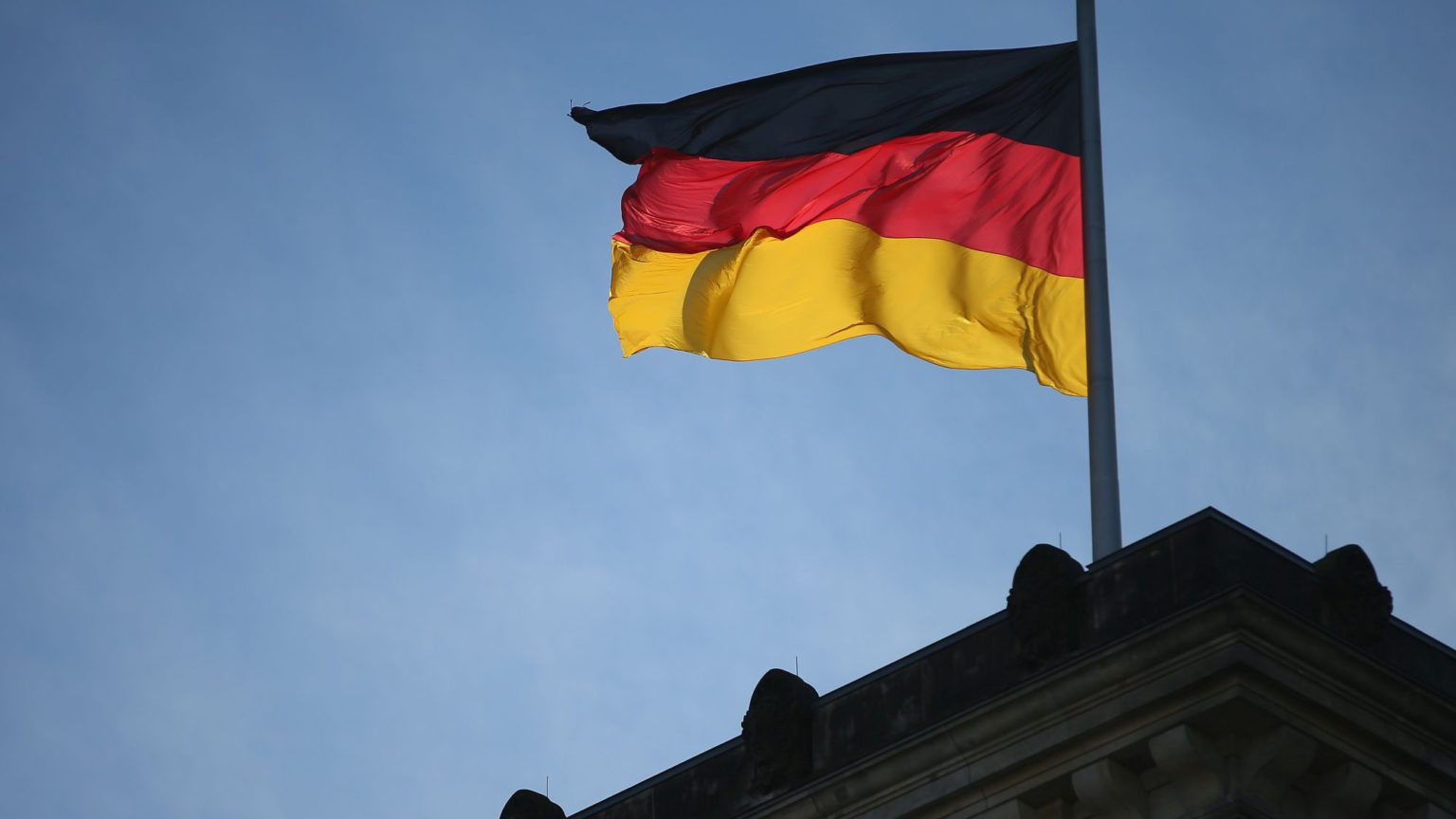Germany’s culture of outrage
In German political debate, unrestrained emotionalism has replaced hard arguments.

The year 2020 has given us plenty to be emotional about. Officially, we are supposed to follow the orders of the healthcare authorities in an orderly manner and keep a devout and safe distance, fundamentally changing how we would normally live our lives.
But in Germany the strict restraints on people’s behaviour have been matched by an unrestrained emotionalism and outrage in public debate. Sometimes only a few catchwords, rumours or leaked political plans are enough to trigger emotional micro-tsunamis. One manifestation of this is the demonstrations against the Covid-19 regulations which appear every weekend in cities like Berlin, Stuttgart or Frankfurt. These demonstrations have transformed into assemblies of the disaffected.
These sceptics are united in their rejection of the new rules. But many seem to be moving in circles without a clear message or direction. The waves of discontent come from all possible directions. In fact, differences between ‘right-wing’ and ‘left-wing’ outrage are increasingly irrelevant. What holds the demonstrators together is mistrust in the government and the health authorities. They are also brought together by the hostility of mainstream media, which stigmatises them as conspiracy theorists, Nazis or both.
In New Coronistan, even politicians and activists who are experienced in emotionalism are struggling to make themselves heard. Take the ‘Fridays for Future’ climate movement, which dominated public debate in Germany at the end of 2019. Few talk about it now. Its leaders have desperately tried to frame Covid-19 as a consequence of capitalism and climate change in order to keep themselves in the eye of the storm of indignation. Even those on the right who are apostles of an alleged ‘asylum apocalypse’, people who normally focus on ‘defending Western civilisation’ against foreigners, are now framing their arguments in terms of virology in an attempt to make themselves heard.
Outrage seems to be the only thing that brings people together at a time when society fears close contact and commitment. Whoever does not show indignation is considered naive and dangerous – especially if they are not warning of the dangers of the virus or denouncing the ‘Covidiots’ who break the rules. This hysterical culture has replaced all rational debate and political principle. After years of politicians offering no real alternative to the status quo, there is now widespread fear of a more polarised landscape. But the kinds of structures that could give political meaning to this polarisation never emerge.
What’s most interesting is not what divides the establishment from their would-be gravediggers, but what unites them. All sides are forever recycling the same tropes, feigning outrage at each other, mouths foaming. The culture of empty outrage has nothing to do with the old left-right politics or the serious contestation of ideas.
This stirred-up indignation is spilling out in all directions, and this is a big problem for reasoned, democratic politics. When all dissent has to be overly emotional, we are deprived of the opportunity to disagree without going for our opponents’ throat. The pond will continue to bubble and stink until we grow weary of indignation and turn back to arguments and debate. German society needs to recognise that outrage is no substitute for substance.
Matthias Heitmann is a freelance journalist and author for several publications in Germany, Austria and Switzerland. Visit Heitmann’s website here.
Picture by: Getty.
To enquire about republishing spiked’s content, a right to reply or to request a correction, please contact the managing editor, Viv Regan.








Comments
Want to join the conversation?
Only spiked supporters and patrons, who donate regularly to us, can comment on our articles.